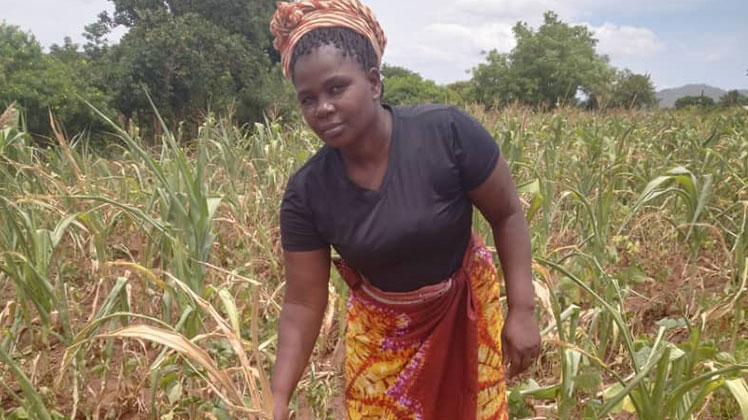Conservation agriculture to check climate change
 As the harvesting season draws close, farmers have been urged to consider conservation agriculture in times of high fertiliser costs and effects of climate change.
As the harvesting season draws close, farmers have been urged to consider conservation agriculture in times of high fertiliser costs and effects of climate change.
Blantyre Agricultural Development Division (Bladd) chief land resources officer Thomas Chigoo said this when land resource officers from the division’s seven districts were trained in conservation agriculture and climate change at the Bvumbwe Research Station in Thyolo last week.
With fertiliser prices rising, he said, farmers can capitalise on the maize stalks in their fields.
“Gone are the days when farmers cut down maize stalks and burnt them. Farmers can mitigate and adapt to the effects of climate change by using conservation agriculture where the stalks provide a soil cover necessary for fertility and holding moisture content now that rains are erratic,” said Chigoo.
The division’s chief research land conservation scientist Austin Tenthani Phiri said conservation agriculture helps to keep moisture and reduce farmers’ workload as they do not have to weed their gardens.
“Environmental friendly herbicides work and farmers don’t spend time weeding their gardens. Cases of soil erosion are not even there as there is minimum tillage or no tillage at all,” said Phiri.
Les Craske of the Revival Projects is encouraging farmers to practise ‘The God’s Way of Farming’, where conservation agriculture, also locally referred to as mtayakhasu is encouraged.
“We encourage minimum tillage and the stalks provide soil cover, which not only improves soil fertility and maximum production,” said Craske.
After the training, the desk officers are expected to spread the message to rural farmers.





